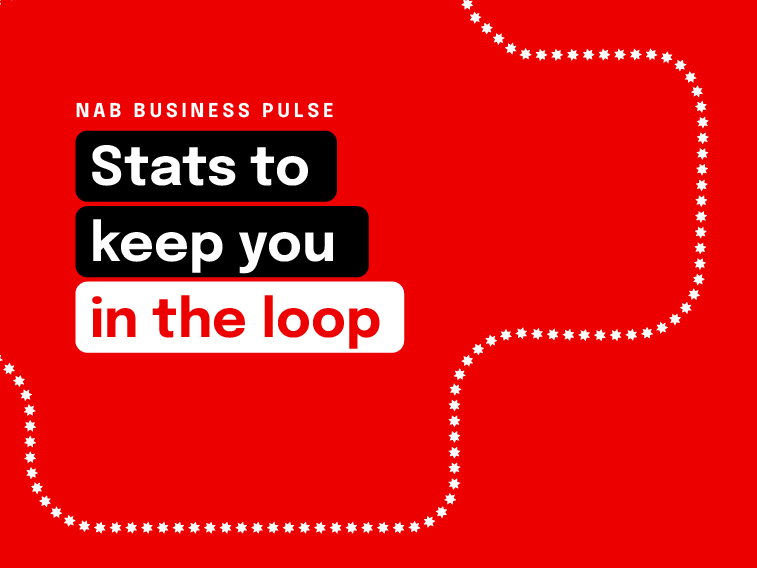Change is a constant in our global environment, but that's all the more reason to keep moving forward on your terms.


Article
In today’s increasingly digitised world, consumers are sharing data in unprecedented ways. Andreas Weigend, a Professor at Stanford University, has coined the term Social Data Revolution to represent this deep shift in how people make purchasing and lifestyle decisions.

In today’s increasingly digitised world, consumers are sharing data in unprecedented ways. Andreas Weigend, a Professor at Stanford University, has coined the term Social Data Revolution to represent this deep shift in how people make purchasing and lifestyle decisions.
Starting with the insight that in a single day, we are now creating more data than mankind did from the beginning through to the year 2000, he asks how can companies manage this data and make sense of it?
Considering that nearly everything we do can be traced by Google through our smartphones, he asked what sort of data companies would pay the most for?
Is it:
According to Weigend, the value of data is proportional to the impact it has on a decision. This means that asking the right questions of the data are pivotal.
Digital identity is important in the share economy where access trumps possession. He gives the example of companies such as Airbnb, Uber and Sidecar when identity checks are based on your Facebook footprint and reviews – both from customers and people using the services – is what gives you the social currency to engage with these disruptive technologies.
This makes Facebook a key player when it comes to identity management. He points to a bigger shift in society from people being judged on their attributes to now being judged on their social relationships as seen online. This means it’s not only about who you know, it’s who they know as well as we’ve moved from e-commerce to me-commerce to we-commerce.
He left the audience with two key questions to start with when it comes to big data:
Read more insights from the 2014 World Business Forum keynote speakers. http://business.nab.com.au/tag/world-business-forum/>
NAB was recently privileged to sponsor the World Business Forum in Sydney – two days of inspiration, collaboration and provocation by some of the world’s leading business innovators. These insights were generated live on the day by NAB and were informed by the guest speakers’ presentations.
© National Australia Bank Limited. ABN 12 004 044 937 AFSL and Australian Credit Licence 230686.